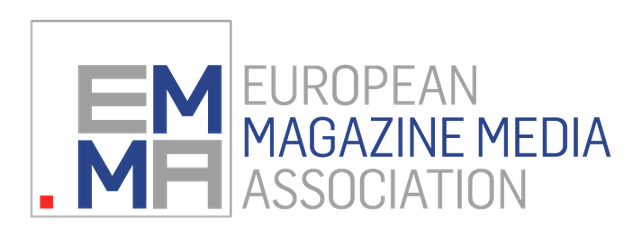ITRE committee increases advertising requirements for energy products
On 14 June, MEPs of the Industry, Research and Energy committee voted on the draft report of Mr. Tamburrano on the proposal for a Regulation setting a framework for energy efficiency labelling and repealing Directive 2010/30/EU. Despite great support from the EPP and ECR groups, the committee adopted a compromise amendment along with an addition that make it mandatory for all visual advertisements to carry the energy efficiency class of the product advertised (e.g. class A+, A, B, C etc.).
The amendments adopted read: “Suppliers and dealers shall: (a) make reference to the energy efficiency class of the product in any visual advertisement or technical promotional material for a specific model of products in accordance with the relevant delegated act;”
This decision is a great cause of concern for publishers. Mandatory information to disclose in advertisements takes space away from the brand, thus decreasing the value of the ad, and leads advertisers to choose alternative ways to market their products. This is especially true if the products advertised are not the most efficient ones on the market (who would advertise a nice, big, design fridge with a red letter F at the bottom?), or when, as in this case, only some media are concerned by the advertising restrictions (why go for print media where the letter of the energy efficiency class is visible when you can advertise on radio without mentioning the class?).
This measure adopted by ITRE consequently threatens publishers´ advertising revenues, which are essential to finance journalists and quality content. At a time where MEPs regularly mention the need to uphold media pluralism and press freedom at EU level, it would have made sense to concretely defend this diversity by maintaining advertising as a crucial stream of revenues. Moreover, the fact that the details of the reference to the energy efficiency class will be agreed in delegated acts bears the risk of ending up with even more problematic requirements, e.g. regarding the prominence of the letter.
A good solution would be to follow the approach of the Tyre Labelling Regulation: there, all relevant energy related information are given to consumers at the point of sales as well as in technical promotional material, but not in advertisements. It allows consumers to be well informed before making a purchase decision, while not endangering press financing. Let´s hope that MEPs will consider this option seriously before voting in plenary.
For further information contact:
Amandine Hähnel
European Affairs Manager, EMMA
amandine.hahnel@magazinemedia.eu
+32 2 536 06 08
The European Magazine Media Association, is the unique and complete representation of Europe’s magazine media, which is today enjoyed by millions of consumers on various platforms, encompassing both paper and digital formats.
www.magazinemedia.euThe European Newspaper Publishers’ Association (ENPA) is the largest representative body of newspaper publishers across Europe. ENPA advocates for 14 national associations across 14 European countries, and is a principal interlocutor to the EU institutions and a key driver of media policy debates in the European Union.
www.enpa.eu